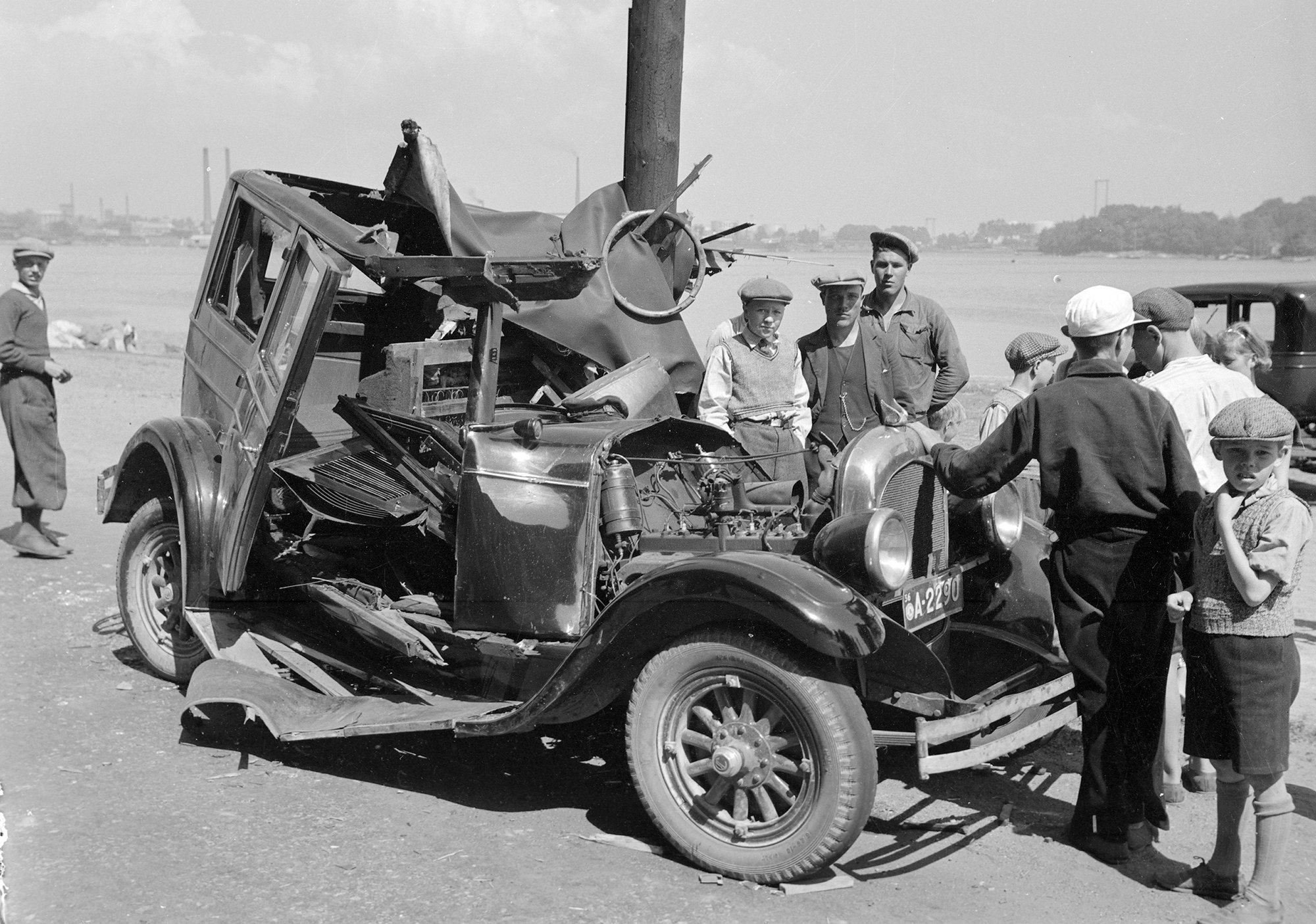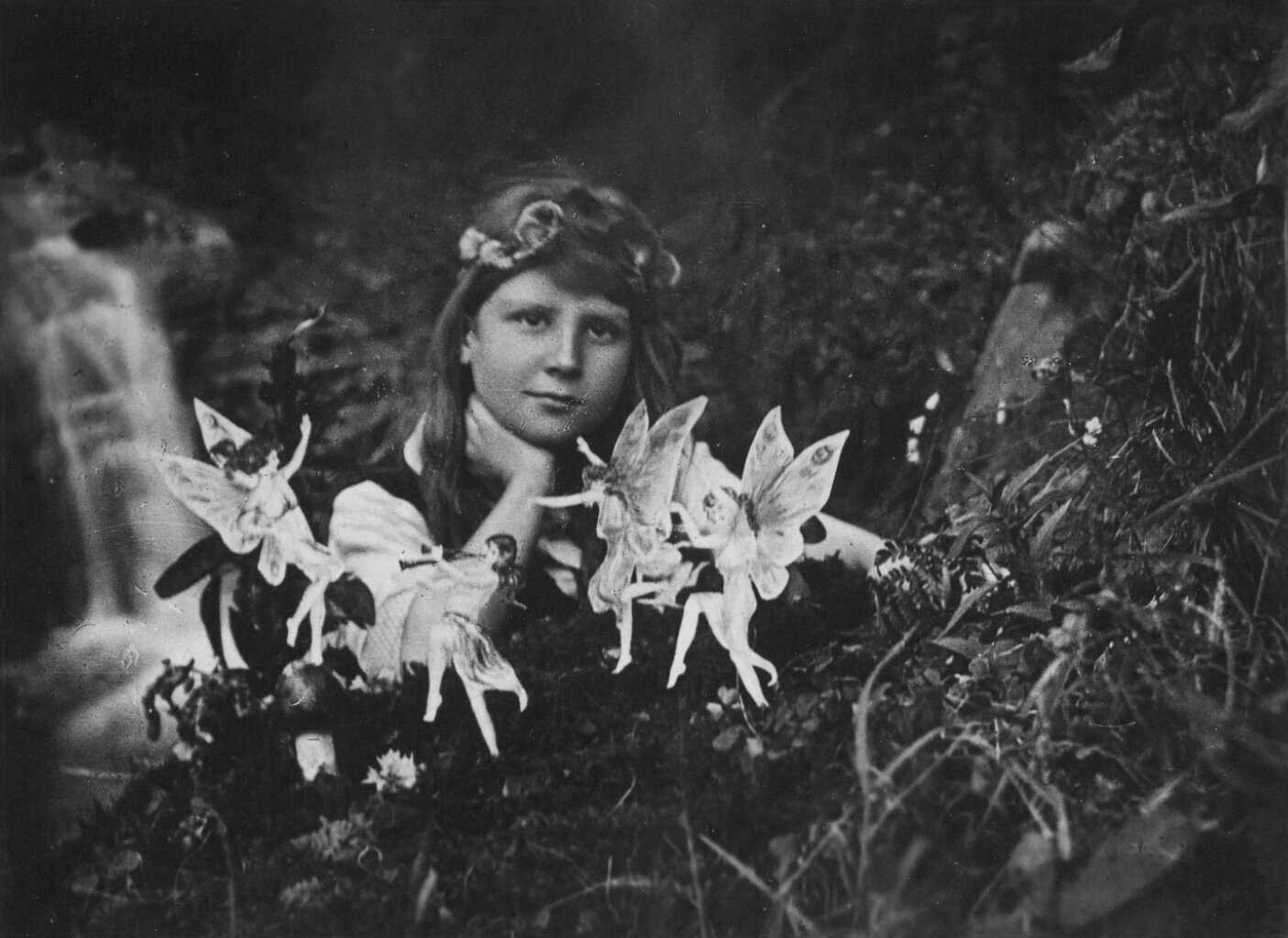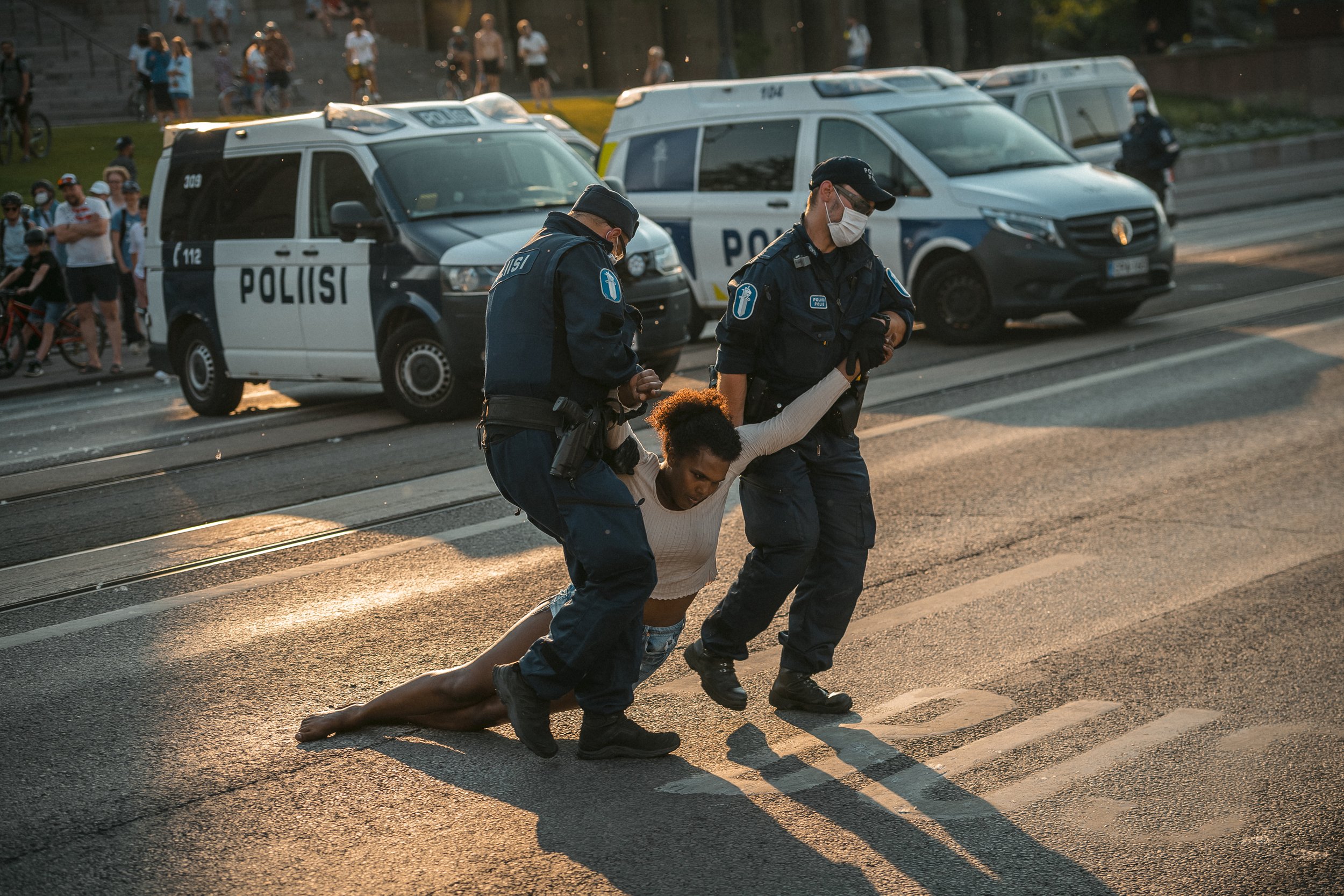When the spotlight blinds: Rethinking photojournalism's relationship with awards
As an award-winning photojournalist, I have personally experienced the positive impact of accolades in this fiercely competitive field. The awards, prize money, and grants I have received over the years have undoubtedly advanced my career. However, this recognition has also prompted me to reflect on the role that awards play in photojournalism.
Awards serve as a motivational force, pushing photographers to pursue stories beyond the confines of an assignment, often resulting in personal projects that showcase creativity and passion. Indeed, past Finnish Press Photo competitions have celebrated many such personal endeavours. In fact, two of my three winning news photos in recent years were not captured during assignments.
However, does this not reveal a flaw within the industry? Why must so many of us pursue award-worthy stories independently, without financial backing and support from the media organisations? As the award-winning photographer Donald Weber suggests, dwindling day-rates and insufficient support for long-form storytelling have led to a situation in which photographers rely on prizes and awards to make ends meet, creating what Weber calls the media-awards complex.
When awards become the primary measure of success, or even more concerning, the lifeline to garner just enough resources to scrape by, photographers may find themselves prioritising victory over ethical considerations or the true significance of their work.
Souvid Datta's plagiarism controversy and Giovanni Troilo's series from the 2015 World Press Photo Contest demonstrate how the pursuit of recognition can lead to dubious practices. Datta doctored images and infringed on the work of other photographers, while Troilo's series, initially awarded first prize in the contemporary issues category, was later discovered to contain staged images and deceptive captions.
Photographers are not the only ones feeling the pressure to gain recognition. Jussi Virkkunen, the Editor-in-chief of Kansan Uutiset, recently questioned the very necessity of journalism awards. He underscored how the relentless pursuit of recognition has driven journalists in the United States and Germany to fabricate stories.
Even if we could eradicate cheating, in a world fixated on accolades, can we genuinely assert that competitions champion exceptional talent and foster creativity? While outstanding photojournalists do receive recognition for their contributions, essential work often fades into obscurity. Local news stories, for instance, are overlooked, and photographers may abandon long-term projects if they don't perform well in contests. The chase for awards can divert photojournalists from what should be their true calling: serving as the eyes of society, fostering dialogue, and ultimately, contributing to a more just and empathetic world.
At the heart of our dilemma is a scarcity of resources. In a recent interview, STT's Managing Editor Laura Kolu lamented the media industry's waning appeal, and Suomen Lehdistö has reported on increased difficulties in hiring journalists. The reality is clear: you get what you pay for. If media organisations fail to offer competitive rates and provide journalists with adequate resources, readers will be hesitant to invest in their journalism, leading to a downward spiral of dwindling subscriptions and ad revenue.
While fixing the entire media industry may be a tall order, there is potential for improving the awards system. I believe the solution lies in fostering a more transparent, accountable, and conversational culture. Let's reimagine the Finnish Press Photos competition as a forum for open dialogue and collaboration, complete with panel discussions, presentations, and a festival-like atmosphere. By inviting a diverse array of voices to participate, we can help shape a more inclusive future for photojournalism.
Additionally, we must acknowledge the limitations inherent in the judging process. Judges often lack the necessary context to fully evaluate a photograph's ethical implications and broader impact. To tackle this issue, we need to continue honouring photojournalists for their collective work, recognizing the significance of their photography within its original context, much like the Patricia Seppälä Foundation's yearly Photojournalist Award.
Make no mistake: I am not advocating for the abolition of awards and prizes. These recognitions can motivate and propel careers forward. Furthermore, in the current state of the media industry, awards, prizes, and grants are often the only means of making ambitious and risky projects possible. However, they should not replace fair compensation for work, nor should gaining recognition become the primary goal. As photojournalists, we must strike a balance between seeking recognition and staying true to the impact and purpose of our work. By championing open dialogue, transparency, and reevaluating the role of awards in our industry, we can pave the way for a more ethical, sustainable, and impactful future in photojournalism.









